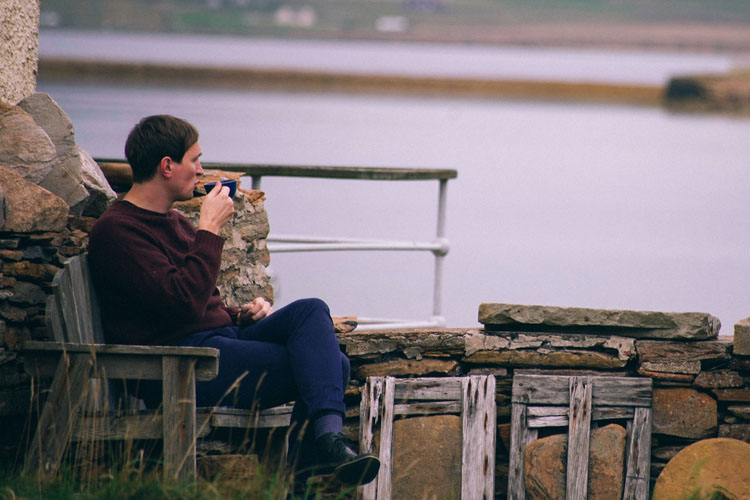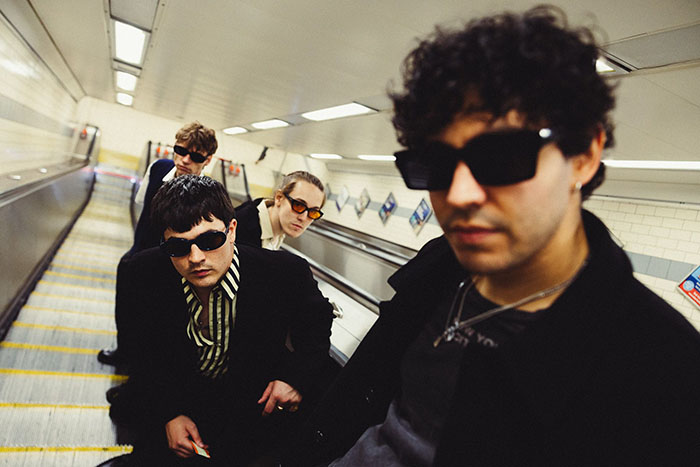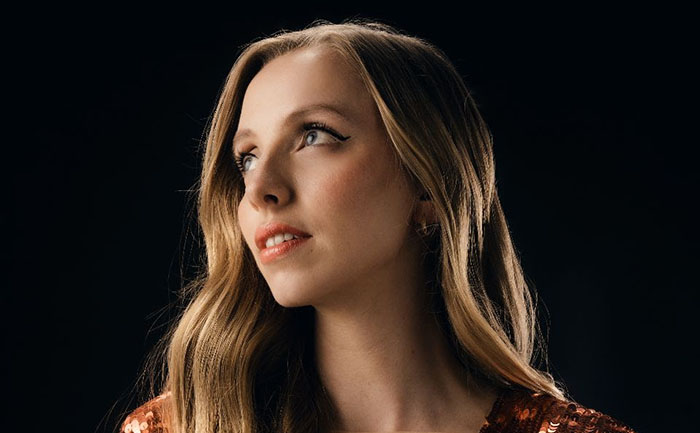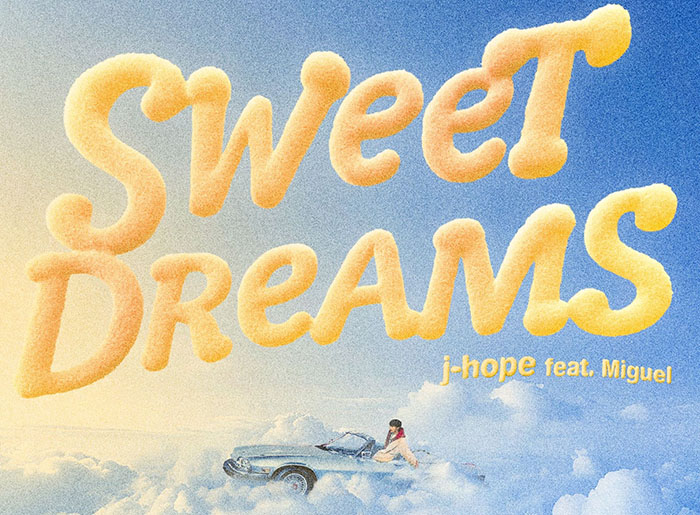ERLAND COOPER has announced HETHER BLETHER, the third and final album in a trilogy of releases shaped by the islands where he grew up, due for release on standard and limited-edition vinyl, CD and digitally on 29 May 2020 via Phases. In addition, Erland has announced a UK tour for the autumn, full dates as below.
Watch the video for LONGHOPE here: https://www.youtube.com/watch?v=KLs6nPu0wWw
And the video for PEEDIE BREEKS here: https://www.youtube.com/watch?v=xv-CIv6V8i0
Featuring new poetry by John Burnside, written after a trip to Orkney with Erland which was documented on the BBC Radio 4 programme Wild Music, as well as spoken word from the award-winning musician Kathryn Joseph plus ambient tape and modular synth work from Hiroshi Ebina, the track draws us into Erland’s world with a slow-moving portrait video directed by longtime collaborator Alex Kozobolis.
Hailing from the archipelago of Orkney in Scotland, the contemporary composer and multi-instrumentalist has so far in this trilogy explored the birdlife [SOLAN GOOSE in 2018] the sea [SULE SKERRY in 2019] and now, on HETHER BLETHER, he turns his attention to the land and its people. Named after a hidden island in folklore, said to rise green and fertile from time to time from the foam, and inspired in essence by Orcadian poet George Mackay Brown, filmmaker Margaret Tait and composer Peter Maxwell Davies before him, this final album is a celebration of the islands’ memories held in timeless landscape, community, myth and mythology.
HETHER BLETHER looks to the past through the stories of the island, and to the present and future through its people, weaving elements of Solan Goose and Sule Skerry, bringing them together in a full circle around the cycles of the changing seasons. Throughout the triptych, Erland explores a restorative path in the rhythm and poetry of the everyday, deep within a land and community at the edge of the world. On HETHER BLETHER, as on the albums before, song titles are taken from local dialect and acknowledge the places and stories of the island [Noup Head, Rousay, Longhope] as well as the people themselves [Peedie Breeks, which translates as ‘children’].
The opening track, Noup Head, introduces the listener to the story of the title track’s hidden island via a young girl that went missing one day. Her family found her in a storm, on an island emerging from the fog. On the new island, she was grown up, with children of her own. She gives her family a stake to enable them to return to see her, but it becomes lost in the sea, forever. “A cold sting on her skin / that takes her back / to something she forgot / in childhood,” reads Kathryn Joseph, deeply longing in her delivery of Burnside’s words.
The girl reappears, as memories do, as the album ebbs and flows. She’s there in Burnside’s poetry on the beautiful Longhope, in “The echo of a child / suspended in a web / of kelp and feathers / a long-lost sister waiting for the tide / to guide her home”. She’s there in the swell of the Arco string quartet on Rousay, named after the island on which the girl was born. She’s there also in the album’s title track, where Erland sings his lyrics against the soft swell of his piano and Moog. “From time to time you rise out of the sea,” he sings, “never take your eyes off of me”.
Erland’s own voice is a point of strength and vulnerability on this final part of the trilogy.








